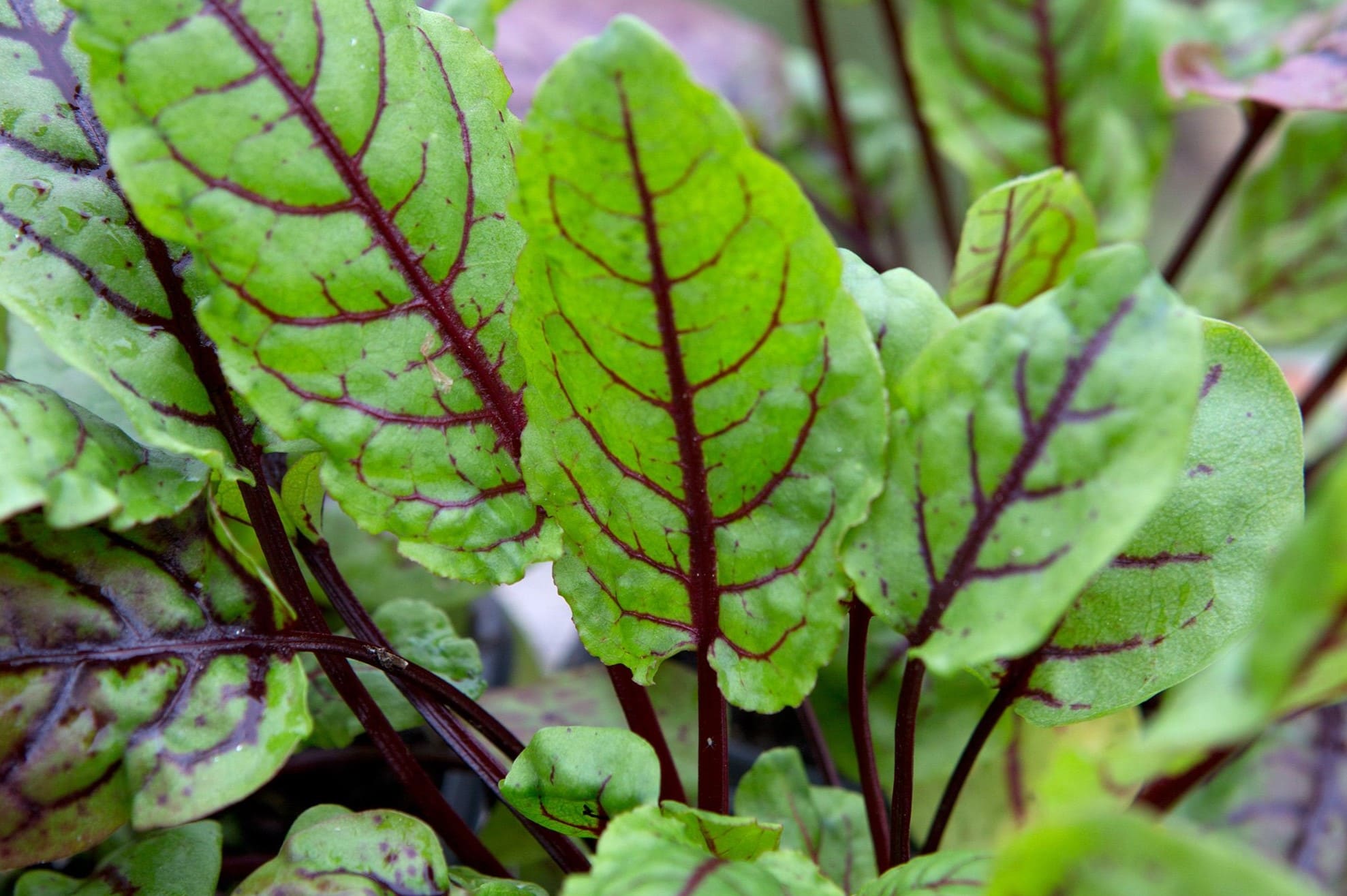
Sorrel is a leafy green plant often overlooked in the culinary world. With its tangy, lemony flavor, it adds a unique twist to various dishes. But what exactly makes sorrel so special? Sorrel is packed with vitamins A and C, making it a nutritious addition to your diet. It's also rich in antioxidants, which help fight off free radicals in the body. This versatile plant can be used in soups, salads, and even sauces. Whether you’re a seasoned chef or a home cook, incorporating sorrel into your meals can elevate your culinary game. Ready to learn more? Here are 20 fascinating facts about sorrel that will make you appreciate this humble plant even more.
Key Takeaways:
- Sorrel, a tangy herb, is rich in vitamin C and antioxidants, promoting immune health and fighting free radicals. It's low in calories and high in fiber, making it a great addition to weight-loss diets.
- Sorrel is a versatile herb used in soups, sauces, and salads. It's easy to grow, pest-resistant, and can be enjoyed in dishes like sorrel soup, sauce verte, and even as a refreshing sorrel tea.
What is Sorrel?
Sorrel is a leafy green herb known for its tangy, lemony flavor. Often used in soups, salads, and sauces, it adds a unique zest to dishes. Let's dive into some fascinating facts about this versatile plant.
-
Sorrel belongs to the Polygonaceae family, which includes buckwheat and rhubarb.
-
The name "sorrel" comes from the Old French word "surele," meaning sour, reflecting its tart taste.
-
Sorrel has been used in culinary traditions for centuries, especially in European and Middle Eastern cuisines.
-
There are several varieties of sorrel, including French sorrel, common sorrel, and red-veined sorrel.
-
Sorrel is rich in vitamin C, which helps boost the immune system and improve skin health.
Nutritional Benefits of Sorrel
Sorrel isn't just tasty; it's packed with nutrients that can benefit your health in various ways. Here are some nutritional facts about sorrel.
-
Sorrel contains oxalic acid, which gives it a sharp, tangy flavor but can be harmful in large quantities.
-
It's a good source of fiber, aiding digestion and promoting a healthy gut.
-
Sorrel is low in calories, making it an excellent addition to weight-loss diets.
-
It provides essential minerals like potassium, calcium, and magnesium.
-
The herb is also rich in antioxidants, which help fight free radicals and reduce the risk of chronic diseases.
Culinary Uses of Sorrel
Sorrel's unique flavor makes it a popular ingredient in various dishes. Here are some interesting ways to use sorrel in your cooking.
-
Sorrel soup, known as schav in Eastern Europe, is a traditional dish made with sorrel leaves, potatoes, and broth.
-
In France, sorrel is often used to make sauce verte, a green sauce served with fish or poultry.
-
Sorrel can be added to salads for a zesty kick, pairing well with other greens and vegetables.
-
The leaves can be used to make a refreshing sorrel tea, popular in Caribbean cultures.
-
Sorrel pairs well with dairy products like yogurt and cream, balancing its tartness with creamy textures.
Growing Sorrel
If you're interested in growing your own sorrel, it's relatively easy to cultivate. Here are some tips and facts about growing sorrel.
-
Sorrel is a perennial plant, meaning it can grow back year after year.
-
It thrives in cool climates and can tolerate frost, making it suitable for early spring or late fall planting.
-
Sorrel prefers well-drained soil and partial shade but can also grow in full sun.
-
The plant can reach up to three feet in height, with broad, arrow-shaped leaves.
-
Sorrel is relatively pest-resistant, making it a low-maintenance addition to your garden.
Sorrel: A Tangy Treasure
Sorrel, with its tangy flavor and rich history, is more than just a plant. It's packed with vitamins and minerals, making it a nutritious addition to any diet. From medicinal uses in ancient times to its role in modern cuisine, sorrel has proven its versatility. Whether you're sipping on a refreshing sorrel drink or adding its leaves to a salad, this plant offers a unique taste and numerous health benefits. Its antioxidant properties help fight free radicals, while its high vitamin C content boosts the immune system. Sorrel is also easy to grow, making it a great choice for home gardeners. So next time you're looking for something to spice up your meals, consider giving sorrel a try. It's a small plant with a big impact.
Frequently Asked Questions
Was this page helpful?
Our commitment to delivering trustworthy and engaging content is at the heart of what we do. Each fact on our site is contributed by real users like you, bringing a wealth of diverse insights and information. To ensure the highest standards of accuracy and reliability, our dedicated editors meticulously review each submission. This process guarantees that the facts we share are not only fascinating but also credible. Trust in our commitment to quality and authenticity as you explore and learn with us.


